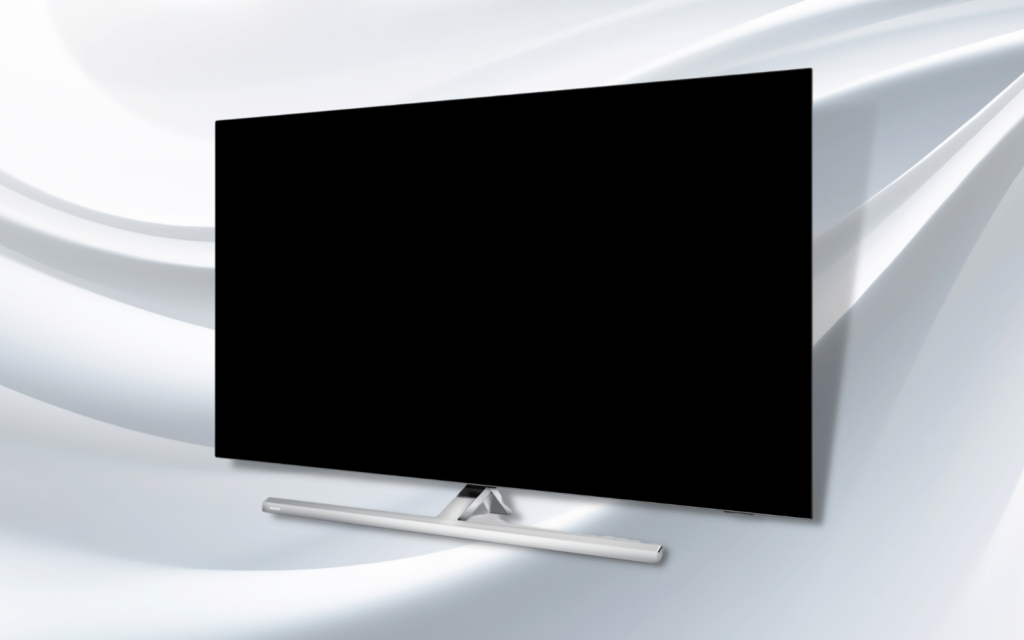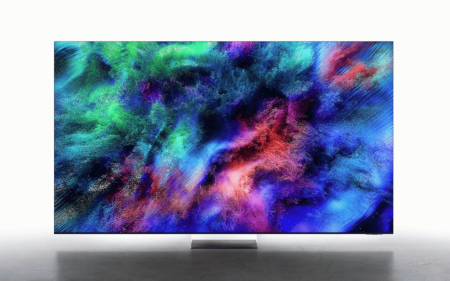It’s quite a year for new TV tech to be announced. It’s an even better year for that tech to turn up first in someone else’s gear. LG’s OLED EX TV technology is on its way. As with Samsung’s QD-OLED tech first rocking up in Sony’s TVs, LG’s newest will appear in the Philips OLED807 before anyone else gets it.
What’s the big deal with OLED EX? It’s supposed to address one of the greatest issues OLED TVs have – brightness. The new panels are apparently up to 30% brighter than that now-outdated thing you have sitting in your living room. Exactly how bright that is, is not explained by Philips, despite having all the information on LG’s new screen.
Optimising OLED EX
But the Philips OLED807 (which you will struggle to ever find here) does give us some idea of what to expect from LG’s new OLED panels. They use deuterium compounds in the panel’s diodes, which LG says offer greater brightness than traditional hydrogen. This, plus some machine learning, will result in more effective control of “energy input to more accurately express the details and colors of the video content being played.”
That’s the story, anyway. Other functions of OLED EX will be smaller bezels (from 6mm to 4mm on a 65in panel), support for 120Hz, and full HDMI 2.1 support. Nvidia G-Sync and AMD FreeSync Premium are also included, so gamers will want to look in on these sets. The risk of burn-in hasn’t been lowered, as such. But a “…logo detection function to monitor a grid of zones to accurately detect static content and gradually reduce the intensity of its local light output” might help make the issue less of an… issue.
Philips OLED807 will launch with an Android 11 operating system, but the sets are confined to Europe. Pricing hasn’t been revealed, so we don’t even have a range to guess at when LG launches its own versions. We can count on OLED EX coming to market in SA via LG, at the very least. We’ll have more info on the tech as it turns up.
Source: Ars Technica




